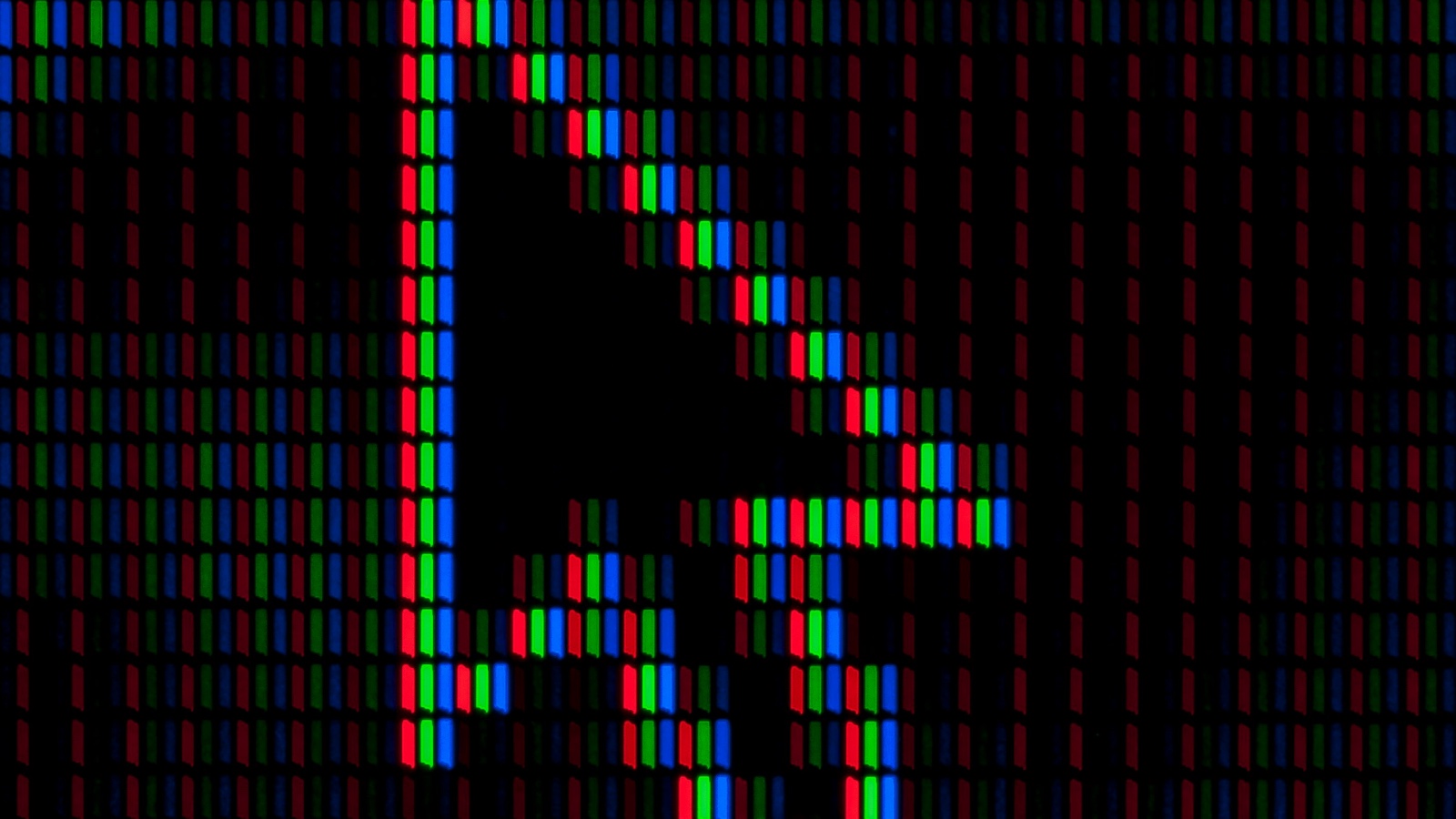Halting Russia’s financial machinery – by blocking the securities post-trade cogs of clearing and settlement – is emerging as a key part of the Western response to last week’s invasion of Ukraine. Russia, in return, is blocking foreigner-held assets at its CSD, NSD.
“Europe’s financial market on Monday began severing Russia’s ties to its critical plumbing for trading, clearing and settling securities as sanctions on Moscow started to bite,” news agency Reuters observed in an overview the same day.
The world’s two so called ICSDs (international central securities depositories) Euroclear Bank and Clearstream Banking Luxembourg had closed the connection between themselves with regard to settlement of trades in Russian securities, in response to EU financial sanctions.
By barring clearing services and securities transfers, European countries seek to obstruct funding for Russian companies.
“Euroclear said it will stop settling rouble denominated trades transacted outside Russia from March 3, giving market participants a little time to adapt,” Reuters noted.
CSDs must cut out Russian account holders
Upon the invasion, the European Council (featuring the prime ministers of the EU member states) was quick to declare a prohibition on CSDs in the EU from holding accounts of Russian clients. As for trading, new sanctions included a prohibition on selling euro-denominated securities to Russian clients.
Russia, on its side, was blocking accounts at its central securities depository NSD, as was reflected for example in the Euroclear group’s update to its clients. On Wednesday 2 March, however, internal free of payment settlement in Russian domestic securities had been reinstated.












